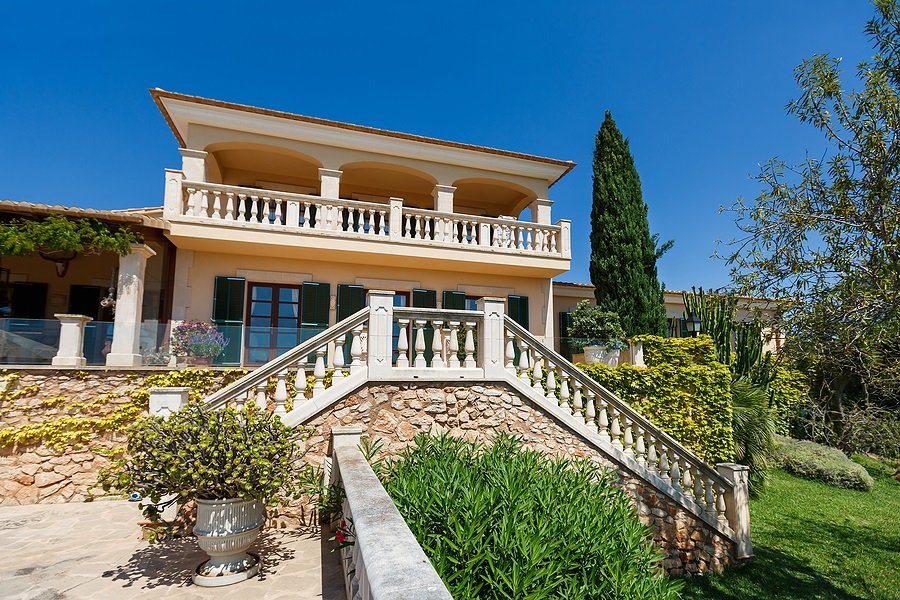Buying a property in Spain is a long-held dream for many people — whether as a holiday home, a retirement residence, or an investment opportunity. The Spanish real estate market has much to offer, but there are important details that buyers should be aware of to avoid complications. This article highlights the key aspects to consider when purchasing property in Spain.
1. Reservation contract (Contrato de Reserva)
In Spain, it is common to sign a reservation contract to secure a property for a certain period while legal checks and financing are completed. This contract should clearly specify the terms, deadlines, and amount of the deposit.
2. Notary and Escritura
The notary plays a vital role in property transactions in Spain. They oversee the legal aspects of the sale and certify the transfer of ownership. The Escritura is the official title deed confirming the ownership transfer. Both documents should be carefully reviewed before signing.
3. NIE number
To purchase property in Spain, you need an NIE number (Número de Identificación de Extranjero). This is a foreign identification number required for all legal and financial property transactions.
4. Legal advice
It is strongly recommended to hire a lawyer who specialises in Spanish property law. A qualified lawyer can review the purchase contract, identify potential issues, and ensure your interests are protected.
5. Financing and currency
If you require financing or a mortgage to buy property in Spain, research your options carefully. Also consider currency fluctuations, especially if your funds are not in euros.
6. Transfer taxes and additional costs
Several taxes and fees apply when purchasing property in Spain. These include the Property Transfer Tax (Impuesto de Transmisiones Patrimoniales) or VAT (Impuesto sobre el Valor Añadido, IVA), depending on the type of property. There are also notary fees, land registry fees, and sometimes agent commissions.
7. Community fees and property taxes
If you buy an apartment in a residential complex, consider the community fees (Comunidad de Propietarios), which cover maintenance of common areas. The property tax (Impuesto sobre Bienes Inmuebles, IBI) is an annual local tax based on the cadastral value of the property.
8. Urbanisation and building permits
Ensure that the property is located within a legal urbanisation and has all necessary building permits. Ask about any planned developments or infrastructure projects nearby that could affect your property.
9. Right to information
As a buyer, you have the right to receive all necessary information about the property, including the energy certificate, technical inspection reports, and community regulations.
Conclusion
Buying property in Spain can be a rewarding experience when you are well-prepared and informed. Understanding all legal and financial aspects — and seeking professional advice when needed — ensures a smooth process. With proper care and preparation, your dream of owning a home in Spain can become reality, allowing you to fully enjoy the sun and culture of this beautiful country.
Photo: © castenoid – bigstockphoto.com
